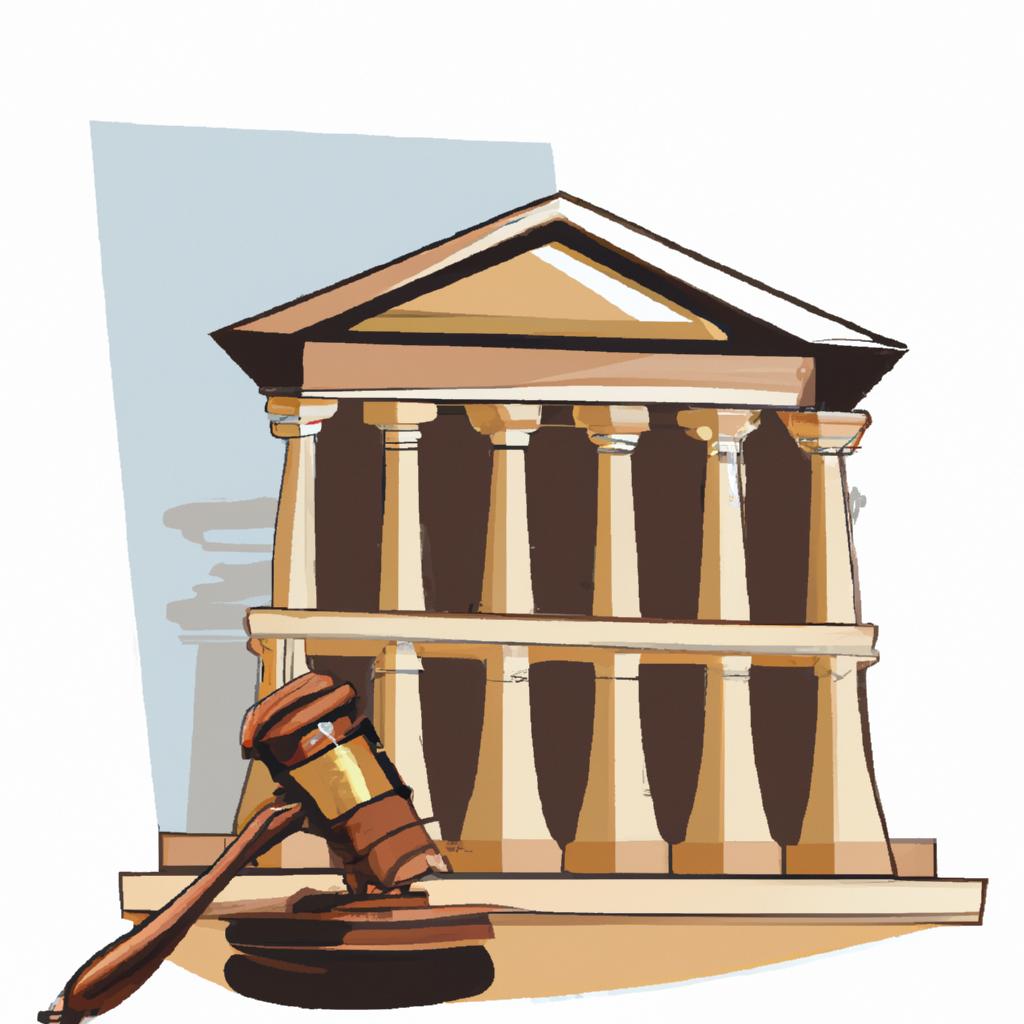Probate, a term that often strikes fear and confusion in the hearts of many, is a vital legal process that plays a critical role in the administration of an estate. As experienced attorneys specializing in estate planning and elder law at Morgan Legal Group in New York City, we understand the complexities and nuances of probate law. In this article, we aim to demystify probate by providing a comprehensive explanation of its purpose, procedures, and implications. Join us as we navigate through the intricate world of probate and shed light on its significance in the realm of estate administration.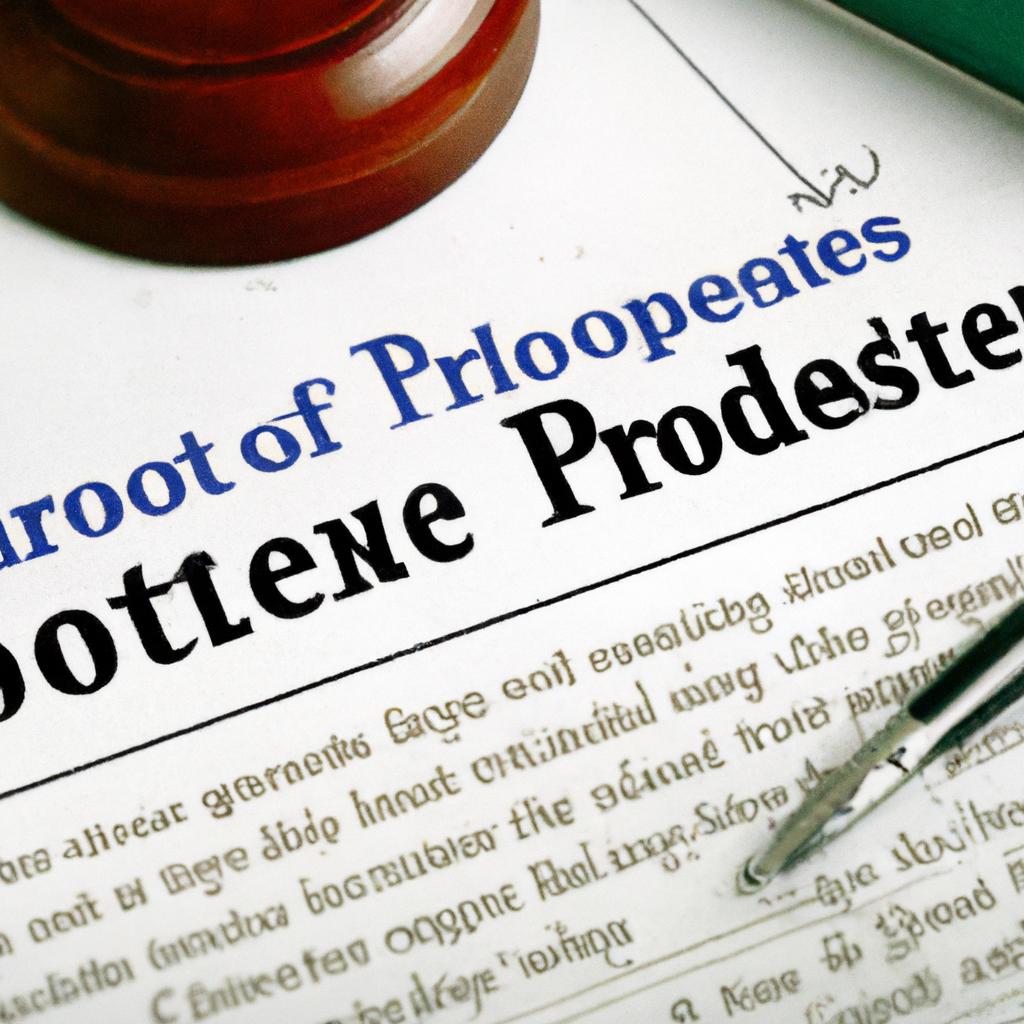
Understanding the Probate Process in New York State
In New York State, the probate process is a legal proceeding where the court validates and executes the last will and testament of a deceased individual. This process ensures that the deceased person’s assets are distributed according to their wishes as outlined in their will. Probate involves several steps that must be followed carefully to ensure a smooth and efficient resolution of the estate.
During the probate process, the court will appoint an executor or personal representative who will be responsible for managing the deceased person’s estate. The executor’s duties may include identifying and valuing the assets of the estate, paying off debts and taxes owed by the deceased, and distributing the remaining assets to the beneficiaries named in the will. It is essential to seek legal guidance from an experienced probate attorney to navigate this complex process successfully and ensure that the wishes of the deceased are carried out accurately.
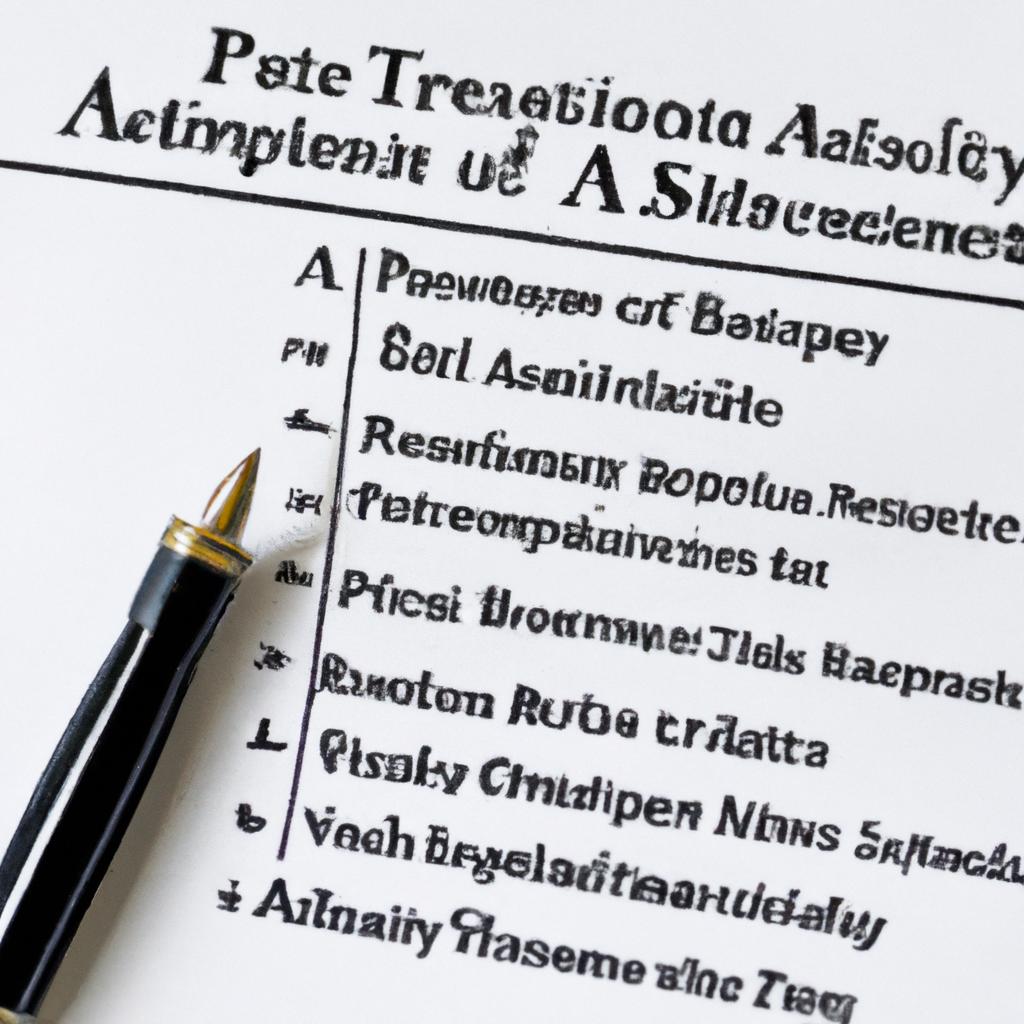
Key Steps Involved in Probate Administration
Probate administration can be a complex and lengthy process that involves several key steps to ensure the efficient distribution of a deceased person’s assets. One important step is locating and filing the deceased person’s Will with the probate court. This document will outline the deceased person’s wishes regarding the distribution of their assets and the appointment of an executor to oversee the probate process.
Once the Will is filed, the court will appoint an executor to administer the estate. The executor is responsible for gathering the deceased person’s assets, paying off any debts and taxes owed by the estate, and distributing the remaining assets according to the Will. Throughout the probate process, it is crucial to keep detailed records of all transactions and communications related to the estate to ensure compliance with the law and to protect the executor from potential liability.
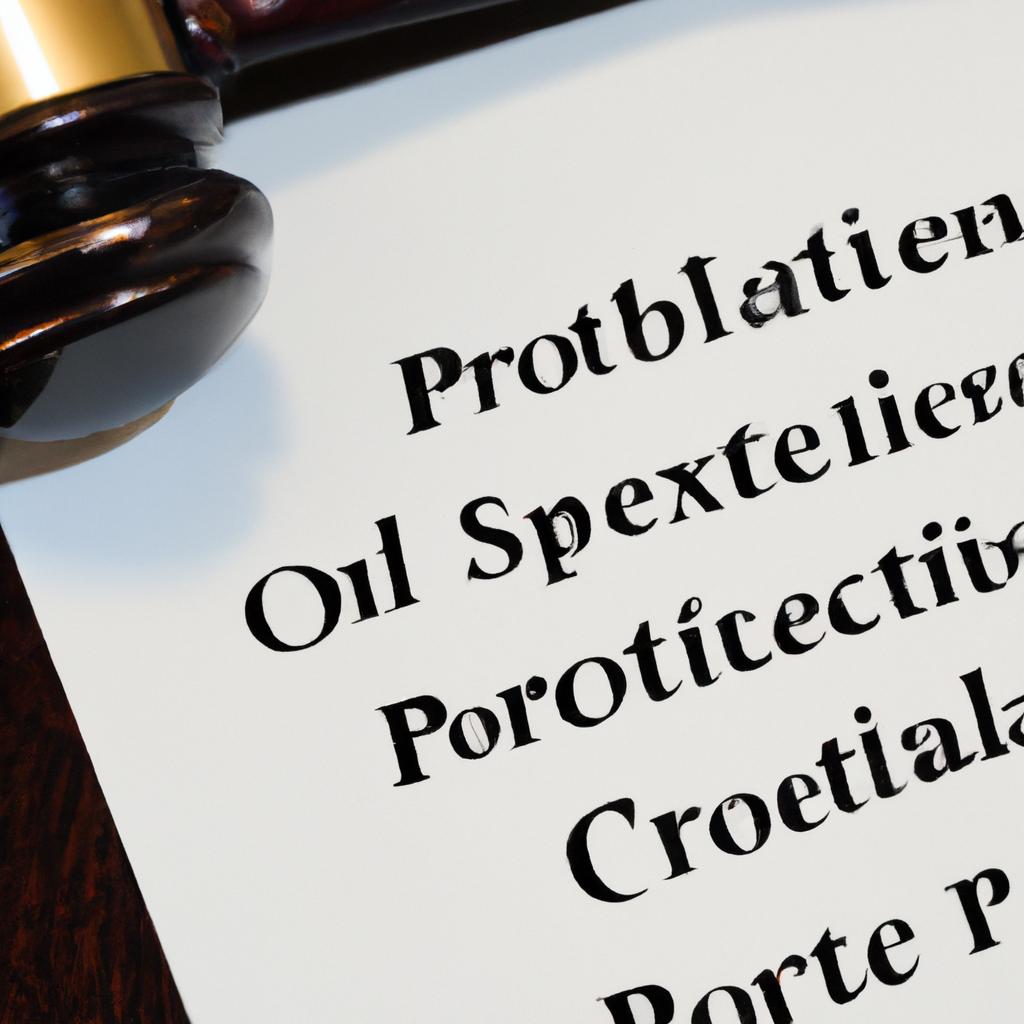
Challenges and Complexities of Probate Proceedings
A probate proceeding is a legal process that takes place after someone passes away to ensure their assets are properly distributed to their heirs. While probate is necessary to transfer ownership of assets, it can be a complex and time-consuming process with various challenges.
- Legal Requirements: Probate proceedings involve strict legal requirements and deadlines that must be followed to ensure the assets are distributed correctly.
- Disputes: Family members and other interested parties may raise disputes over the validity of the will or the distribution of assets, leading to delays and potential legal battles.
Furthermore, the complexities of probate proceedings can be exacerbated by the need to value assets, pay off debts and taxes, and navigate complex legal issues. Handling probate on your own can be overwhelming, which is why it’s essential to seek guidance from experienced probate attorneys like Morgan Legal Group to ensure a smooth and efficient process.
| Challenge | Solution |
|---|---|
| Legal Requirements | Consult with a probate attorney to ensure compliance with all legal requirements. |
| Disputes | Mediate disputes and work towards a resolution to avoid costly litigation. |
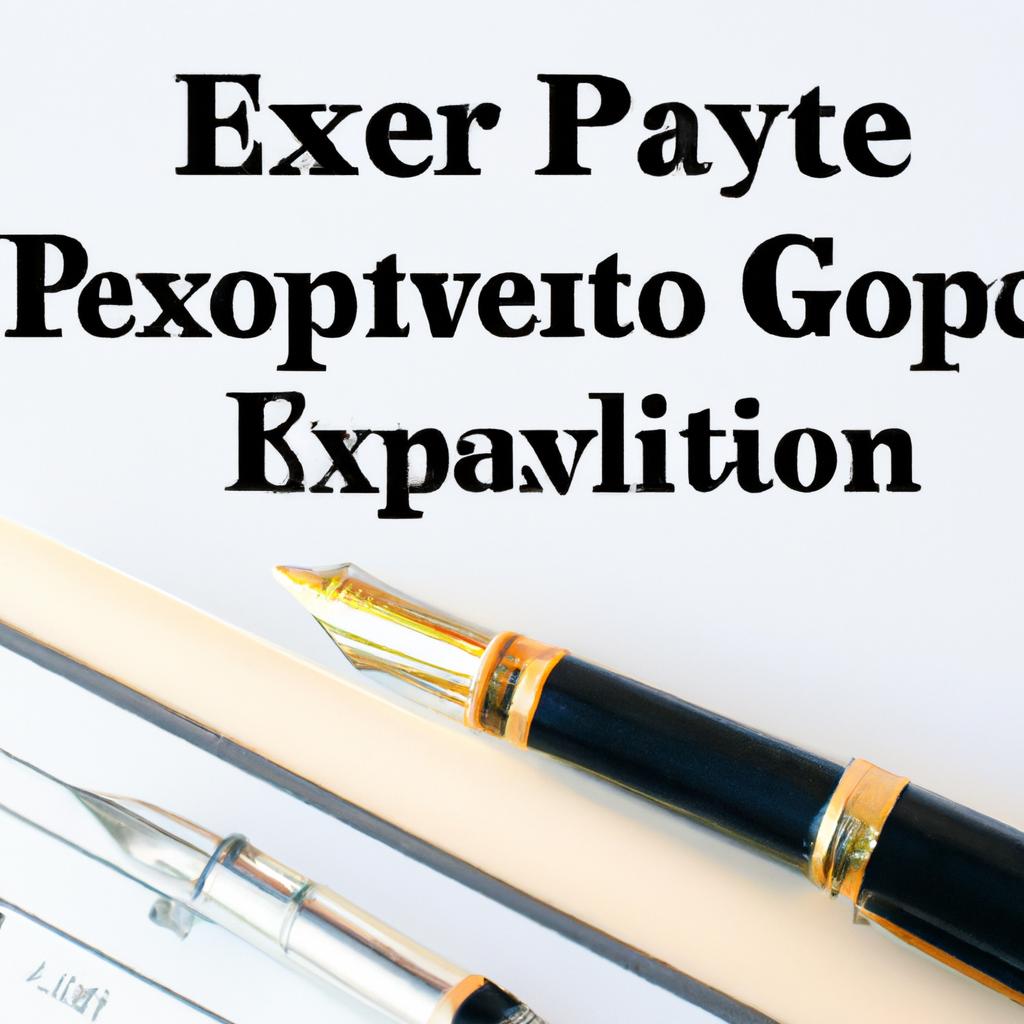
Expert Tips for Navigating the Probate System
When a loved one passes away, their estate typically goes through a process known as probate. This is the legal process of proving the validity of a will and distributing the deceased person’s assets to their heirs. Probate can be a complex and time-consuming process, but with the right guidance, it can be navigated smoothly.
Here are some expert tips to help you navigate the probate system:
- Consult with an experienced attorney: Probate laws can vary by state, so it’s important to work with a lawyer who is familiar with the probate process in your area.
- Organize all relevant documents: Make sure you have all necessary paperwork, such as the original will, death certificate, and asset information, readily available.
- Communicate with beneficiaries: Keep beneficiaries informed throughout the probate process to avoid any confusion or disputes.
Q&A
Q: What is probate and why is it necessary?
A: Probate is the legal process of administering a deceased person’s will or estate. It is necessary to ensure that the deceased person’s assets are distributed according to their wishes and that any outstanding debts and taxes are settled.
Q: How does the probate process work?
A: The probate process typically involves filing the deceased person’s will with the court, identifying and valuing their assets, paying off any debts or taxes, and distributing the remaining assets to the beneficiaries named in the will.
Q: What types of assets go through probate?
A: Assets that are solely owned by the deceased person and do not have a designated beneficiary typically go through probate. This includes real estate, bank accounts, investments, and personal belongings.
Q: How long does the probate process take?
A: The length of the probate process can vary depending on the complexity of the estate and any challenges or disputes that arise. In general, the process can take anywhere from a few months to several years to complete.
Q: Are there ways to avoid probate?
A: Yes, there are ways to avoid probate, such as creating a revocable living trust, designating beneficiaries on accounts and assets, and owning property jointly with rights of survivorship. These strategies can help streamline the distribution of assets and avoid the time and expense of probate.
Future Outlook
As we wrap up our discussion on probate, it is important to remember that every individual’s situation is unique and may require different approaches when dealing with the probate process. Whether you are a beneficiary navigating through the complexities of a loved one’s estate or a executor tasked with administering the estate, understanding probate can help simplify the process and ensure a smooth distribution of assets. Remember, seeking guidance from legal professionals can provide you with the assistance you need to navigate through probate successfully. We hope this article has shed some light on the topic and provided you with valuable insights to tackle probate with confidence. Thank you for reading!
 What is Probate and How Does it Work?
What is Probate and How Does it Work?
When a person passes away, their property, assets, and final wishes must be handled accordingly. This legal process is known as probate. Probate is the official validation of a deceased person’s will, and the execution of distributing their assets to the rightful beneficiaries. While the probate process can vary depending on the state and the complexity of the estate, understanding the basics of how probate works is crucial for anyone involved.
If you’re currently dealing with the loss of a loved one or are planning for your own estate, it’s important to have a clear understanding of probate and its implications. In this article, we’ll take a deep dive into the concept of probate, including its purpose, procedures, and alternatives.
Purpose of Probate
Probate serves two major purposes: the safe and organized distribution of a deceased person’s assets and the validation of their last will and testament. During the probate process, the court will determine the validity of the will and appoint an executor to oversee the distribution of the estate. The executor is usually named in the will and is responsible for carrying out the deceased’s final wishes.
Additionally, probate serves as a safeguard against potential fraud and to ensure creditors are paid before the beneficiaries. It also provides a platform for any disputes to be resolved and for any outstanding taxes or debts to be settled.
The Probate Process
The probate process can be complex and time-consuming, often taking anywhere from six months to a year or more to complete. Here’s a step-by-step breakdown of how probate works:
1. Filing of the Will and Petition for Probate
The first step is for the executor to file the will and petition for probate with the probate court in the county where the deceased resided. If there is no executor named, the court will appoint an administrator to oversee the process.
2. Notification
Once the will is filed, the court will notify all beneficiaries named in the will, as well as any potential heirs who may have a claim on the estate. This includes creditors and family members who may have a stake in the inheritance.
3. Inventory of Assets
The executor will then compile a list of all assets owned by the deceased, including bank accounts, investments, real estate, and personal belongings. This inventory will be filed with the court, and an appraisal of the assets may be required.
4. Payment of Debts and Taxes
Before any assets can be distributed to beneficiaries, the executor must pay off any outstanding debts and taxes owed by the estate. This includes estate taxes, final income taxes, and any other obligations of the deceased.
5. Distribution of Assets
Once all debts and taxes have been paid, the executor will then distribute the remaining assets to the beneficiaries named in the will. This is typically done in accordance with the instructions in the will, but the court will intervene if there are any disputes or disagreements.
6. Final Accounting
During this stage, the executor will submit a final accounting of all transactions related to the estate, including any expenses incurred and payments made to creditors and beneficiaries. The court will review and approve the final accounting before officially closing the probate case.
Alternatives to Probate
While probate is the traditional method of handling a deceased person’s estate, there are a few alternatives that can bypass this process. These include:
1. Joint Ownership
When a property or asset is jointly owned, it will automatically pass to the surviving joint owner without going through probate. However, this option only works if there is a joint owner named on the asset.
2. Trusts
Setting up a trust allows you to transfer ownership of your assets to a trustee who will manage them according to your instructions. With a trust, you can avoid probate and keep your estate private.
3. Payable-on-Death (POD) Accounts
POD accounts are similar to trusts in that they allow you to designate a beneficiary who will receive the account’s funds upon your death. Like trusts, this option avoids probate and keeps your estate private.
Benefits and Practical Tips
While probate can be lengthy and expensive, it does offer several benefits, including the protection against fraud and the orderly distribution of assets. However, there are also some practical tips to keep in mind to simplify the probate process, such as:
1. Keep accurate records of all assets
To avoid any confusion or delays during the probate process, keep detailed records of all assets and their value. This will make it easier for the executor to compile the inventory of assets.
2. Communicate with beneficiaries
It’s important to communicate with all beneficiaries throughout the probate process to keep them updated and to address any concerns they may have. This can help prevent any disputes and make the process smoother.
3. Seek professional help
Dealing with a loved one’s estate can be overwhelming, so don’t hesitate to seek professional help from an estate planning attorney or a financial advisor. They can guide you through the probate process and help you make informed decisions.
In conclusion, understanding probate and the probate process is essential for anyone involved with an estate. While it can be confusing and time-consuming, knowing the basics of how probate works can help you navigate this legal process with ease and efficiency. Consider seeking professional guidance to ensure a smooth probate process for yourself or your loved ones.

